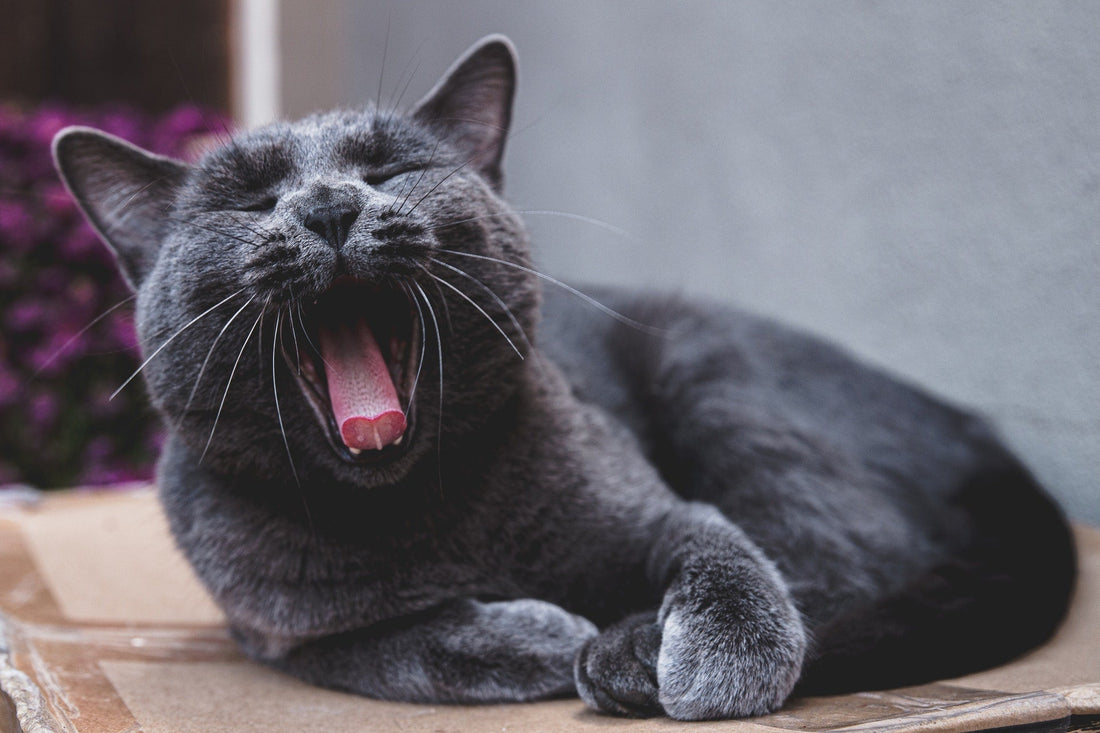Sneezing is a response to irritation of the nasal passages whether from dust, strong odours, or illness. Whilst occasional sneezing is a normal function, frequent sneezing that is accompanied by discharge is not normal. This is an indication that there is a problem with your cats' health.
There are various reasons why your cats sneeze. The following is a list of common causes of sneezing in cats:
Irritants
It may just be something in the air irritating the nasal passages of your cats. For example, a strong spice, such as pepper and cinnamon, and household cleaning products may irritate their sensitive nose. The same goes for household cleaning products. Pay attention to when your cats are sneezing. Looking for patterns can help you determine if your cats are sneezing because of an irritant found in their environment.
Allergens
Sneezing may also occur because of allergic reactions. You'll find that a number of things can irritate the liner with your cats' nasal passages and trigger sneezing, such as perfume or cologne, mold, pest sprays, litter, pollen, and cleaning agents.
Foreign bodies
Occasionally, curious cats will get foreign bodies lodged in their noses, such as grass and small pieces of plant seed. If sneezing doesn't expel the object, do not attempt to remove it yourself as you could injure your cats. Take your cats to the vet immediately.
Infections/Viruses
The most common reason that can cause sneezing in cats is a respiratory infection, typically caused by feline herpes virus or feline calicivirus. Treatment involves dealing with the symptoms whilst your cats fight the virus. If the virus results in a secondary bacterial infection, antibiotics can be prescribed. Your vet can diagnose these infections and plan a course of treatment for your cats.
Dental disease
If you notice that your cats have difficulty eating or chewing, they might be suffering from dental disease. The two most common symptoms of the dental disease are nasal discharge and sneezing. Infections of the tooth can also allow bacteria from the mouth to travel to the sinus cavities, resulting in inflammation and sneezing.
If sneezing persists or is accompanied by other symptoms, be sure to see the vet for proper diagnosis and treatment. This is especially important if your cats have stopped eating. Loss of appetite is a very common symptom of upper respiratory conditions in cats due to loss of smell and/or taste. Some conditions may also interfere with food intake.
Source: WebMD
Featured image by Toni Tan

